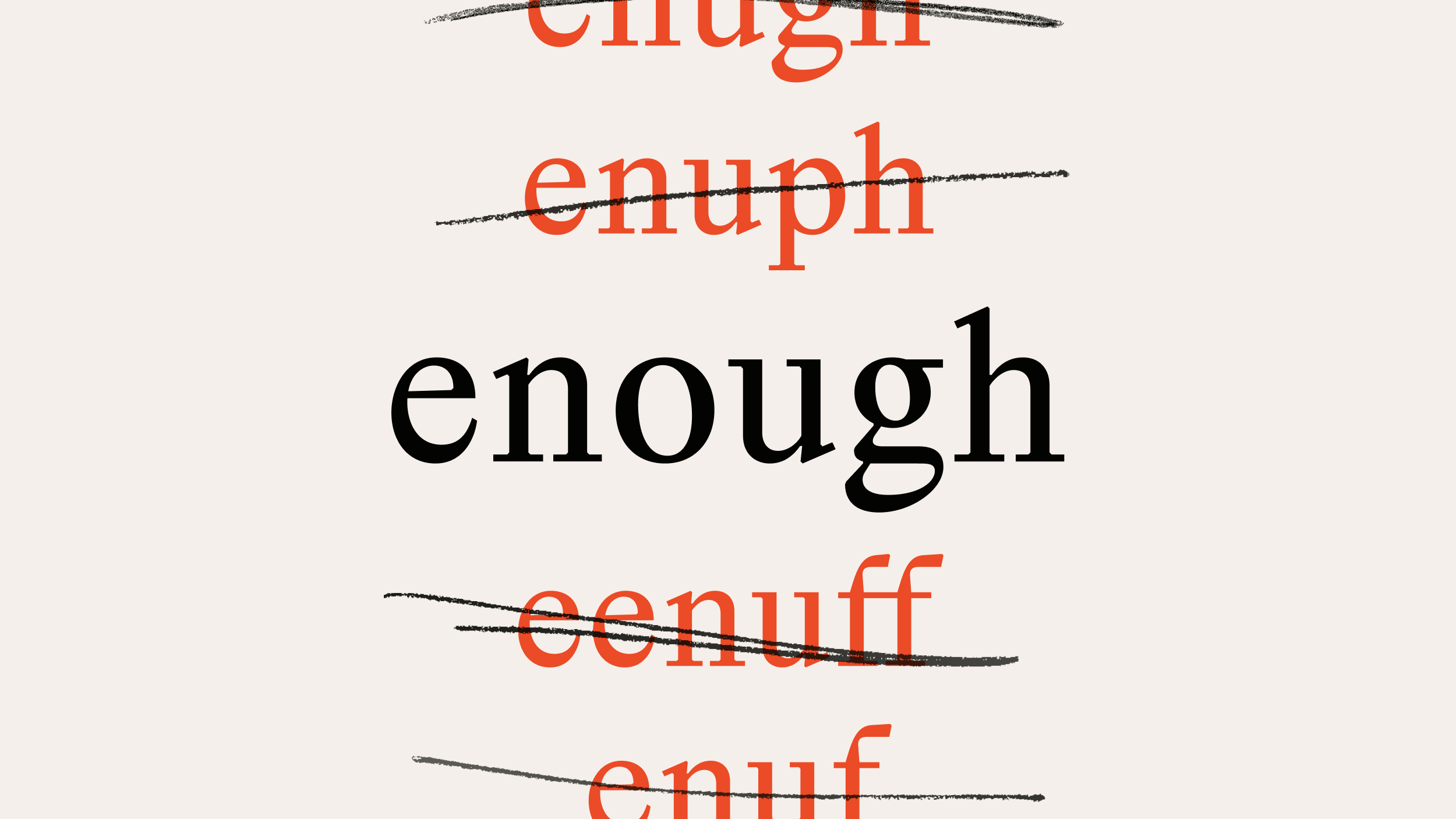First Amendment Attorney Floyd Abrams on Defending Free Speech

“America has always been the country in the world with more protection for speech,” says legendary First Amendment Lawyer Floyd Abrams, adding, “there’s really an astonishing, a breathtaking degree of freedom for people, for organizations, for institutions to have their say.”
An expert on constitutional law and the First Amendment, Abrams has argued dozens of cases before the Supreme Court in a career spanning nearly 50 years. Abrams sees the First Amendment and its associated freedoms as an evolving system, changing with each new era. It’s also a threatened species, due to a dwindling press: “I do think newspapers have played a very special role with respect to educating the public, exposing misconduct, and the like in a way which no other institution really has matched,” he says. “If we don’t have a vibrant press with respect to the written word, I think the public will truly be the loser.”
In his Big Think interview, Abrams talks about the genesis and evolution of the First Amendment, as well as the five most important cases that have defined how it works. Abrams also speaks about Wikileaks’ publication of classified U.S. reports from Afghanistan, which has been compared to the publication of the Pentagon Papers during the Vietnam era. Having worked on the Pentagon Papers case, Abrams doesn’t think the comparison holds, saying of Wikileaks: “I find it disturbing that they don’t really seem to accept the proposition that there are some materials which they have published can do harm.”
Abrams also talks about what Hillary Clinton and dog fighting can teach us about the First Amendment, comparing two cases recently decided by the Supreme Court: Citizens United v. Federal Election Commission and Untied States v. Stevens.




